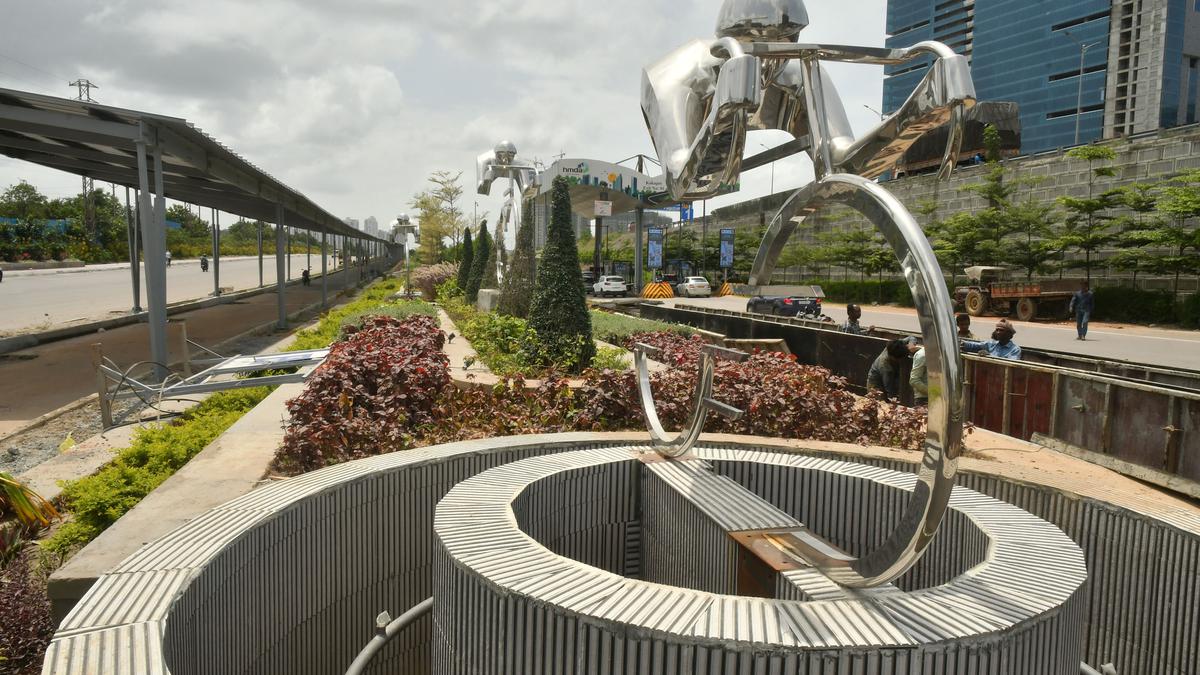There was a point in 2022 when every K-drama that dropped seemed to be on a mission to outdo its predecessor. To say that we were spoiled for choice was an understatement. After a year that had Extraordinary Attorney Woo, Little Women, Business Proposal, and Our Beloved Summer, the line up this year had a higher bar to meet.
2023 might not have had as many standout shows as was the case these last two years, but the ones that hit the mark redefined genres. On the other end of the spectrum were a large number of highly anticipated K-dramas that began with much promise only to be terribly let down by shockingly inept writing and a mish-mash of themes that seemed to lead nowhere.
The big hits
Lee Do-hyun and Song Hye-kyo in a still from ‘The Glory‘
Early in the year, we got the second part of The Glory, a worthy follow-up to the first part that was released in 2022. As Moon Dong-eun, Song Hye-kyo once again delivered a restrained, career-best performance, seeking retribution for the brutal bullying she underwent as a high schooler. This was one of the rare shows where the second part managed to hold onto much of the sharp writing, pacing, and performances from its first instalment. Bullying in schools — a problem South Korea grapples with — has always been dealt with in an offhand, almost callous way in most other shows where it features as a neglected plot point. Often graphic and disturbing, The Glory attempts to deconstruct the economic disparity, power, privilege, and a system that works against victims like Dong-eun, who is told from the start that things like poetic justice and karma don’t exist in her world.
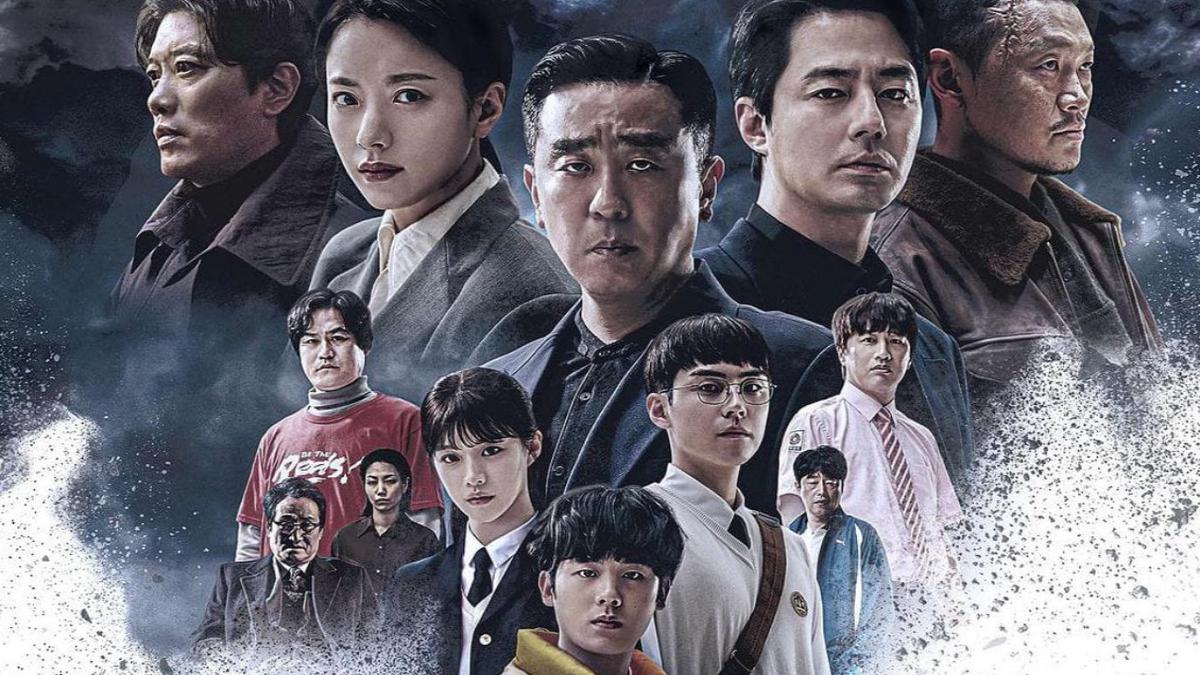
Poster of ‘Moving’
As a debate between the two big superhero universes in Hollywood, their relevance, and the declining quality of content being churned out rages on, Moving, a stunningly original and expansive superhero saga came forth with its compelling writing and excellent ensemble cast. Anything but a simple tale of good triumphing over evil, Moving’s strengths lay in its carefully conceived characters — their stories, relationships, and how they bear the weight of a system that is determined to exploit as well as ostracise them. For a show that is heavy on action and violence, Doo-sik (Jo In-sung) and Mi-hyun’s (Han Hyo-joo) blossoming romance, and Bong-seok (Lee Jung-ha) and Hui-soo’s (Go Yoon-jung) coming-of-age arc as they grapple with their superpowers make for some of the best moments of the show.
Ji Chang-wook’s middling script choices have for a while now agonised his legion of fans, and the talented actor seemed to have made a conscious choice this year to pick scripts worthy of his acting capabilities. In The Worst of Evil, Chang-wook essayed an undercover investigator who infiltrates a drug cartel and lent nuance to an already complex character struggling under the weight of his decisions and the effect it has on his loved ones.
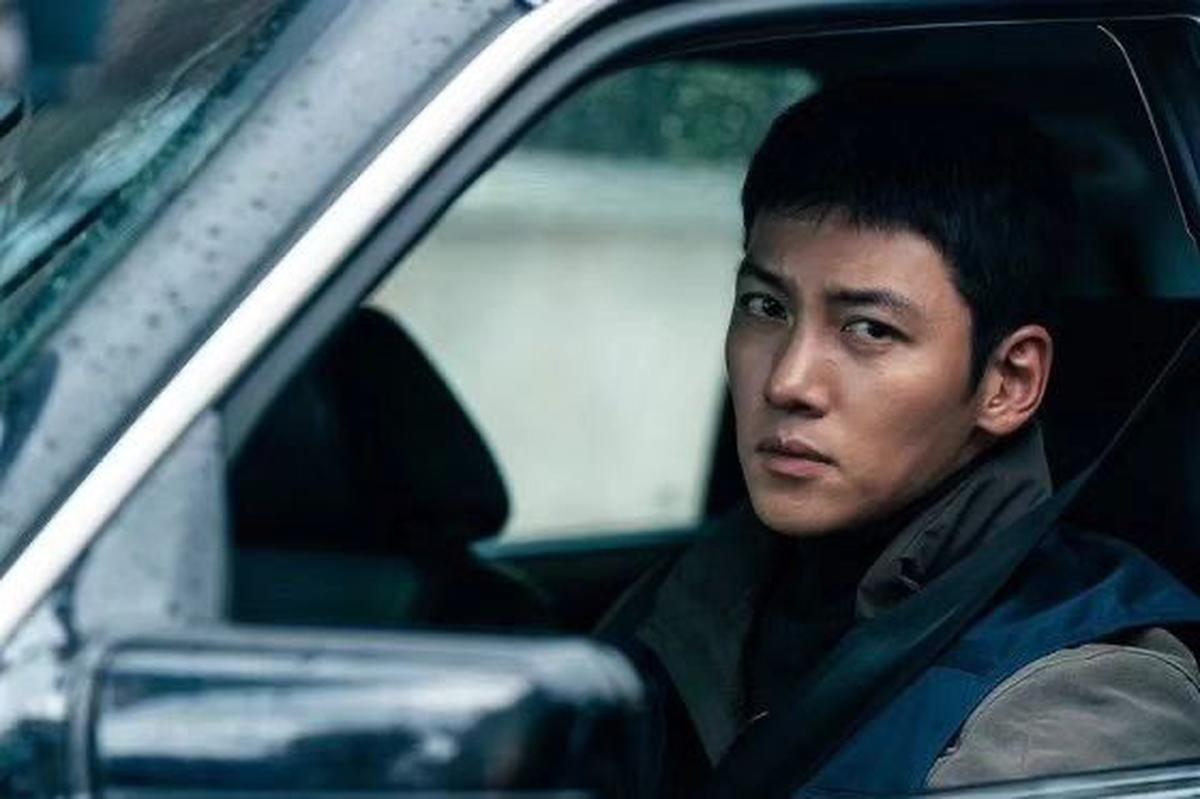
Ji Chang-wook in ‘The Worst of Evil’
A much favoured (often excessively so) genre, there was no dearth of historical dramas (or Sageuks as they are known) and leading the charge this year was the affecting period romance My Dearest, which had extraordinary performances by its leads — the prolific Namkoong Min and Ahn Eun-jin. Set against the backdrop of the Qing invasion of the Joseon, the series chronicles the relationship between a noblewoman and a warrior, amidst the ongoing political unrest. While Ji-eun also shone in yet another lead role as Mi-joo in TheGood Bad Mother, the show ultimately belonged to the mother and son duo — with masterful portrayals by Ra Mi-ran and Lee Do-hyun. It seems like Do-hyun can do no wrong when it comes to his script choices; the actor has consistently chosen varied performances and as Kang-ho in The Good Bad Mother, he slipped with ease and conviction into the role of a no-nonsense prosecutor who later goes back to being his childhood self after losing his memory in an accident.
The year of romance+fantasy
On the lighter ground, 2023 was the year of the ‘romantasy’. There was A Time Called You, the much-hyped remake of the Taiwanese show Someday or One Day. While K-dramas seem to have fully embraced the idea of throwing in a serial killer for a secondary plot, often to less than satisfactory results, A Time Called You was an exception that greatly benefitted from its thriller and time travel narratives. Actors Shin Hye-sun and Ahn Bo-hyun were the best part of the visually stunning See You In My 19th Life, which meandered towards closure for its leads who were torn apart by fate across different lives. While the role was a cakewalk for Hye-sun after Mr Queen, Bo-hyun’s quiet and vulnerable portrayal of Seo-ha was a true surprise, given his affinity for roles in thrillers and action dramas.
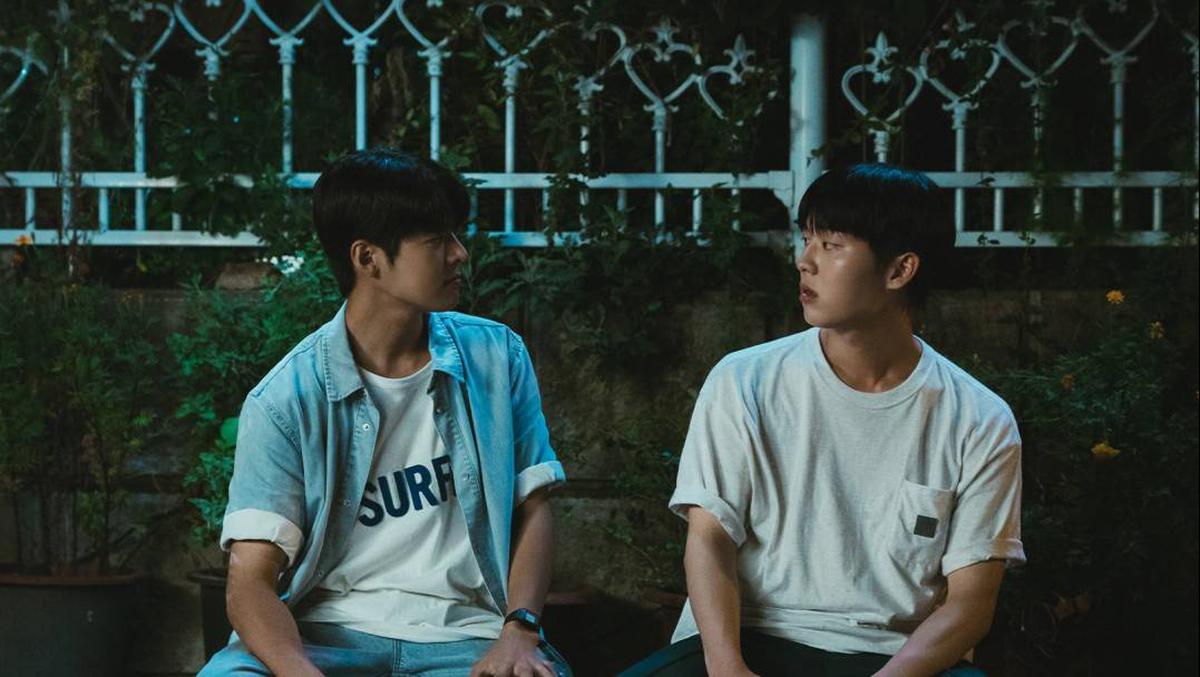
A still from ‘Twinkling Watermelon’
One of the biggest surprises and successes here, Twinkling Watermelon, a K-drama with relatively less established actors, presented a heady mix of nostalgia, friendships, love, and time travel thrown in for good measure. The protagonist here, Eun-gyeol (Ryeon), is a CODA (Children of deaf adults) who is the only hearing member of his family. Eun-gyeol travels back in time and finds himself in the thick of his parents’ teenage years, all the while navigating his musical aspirations, friendships, and finding love. Consistently warm, light-hearted and charming, Twinkling Watermelon also felt like a big win for representation in mainstream K-dramas.
Contract Marriages, romance, and more
There might have been rebirth and revenge in Perfect Marriage Revenge starring Sung-hoon and Jung Yoo-min, but the much-loved K-drama contract marriage trope and the resultant chemistry between the leads was where the show struck gold. Contract marriages and relationships seemed to make a big comeback this year, with The Story of Park’s Marriage Contract starring Bae In-hyuk and Lee Se-young, and more recently, My Demon, which has been the subject of much discussion and cheer from an audience that has been largely starved of a swoony, frothy romance.
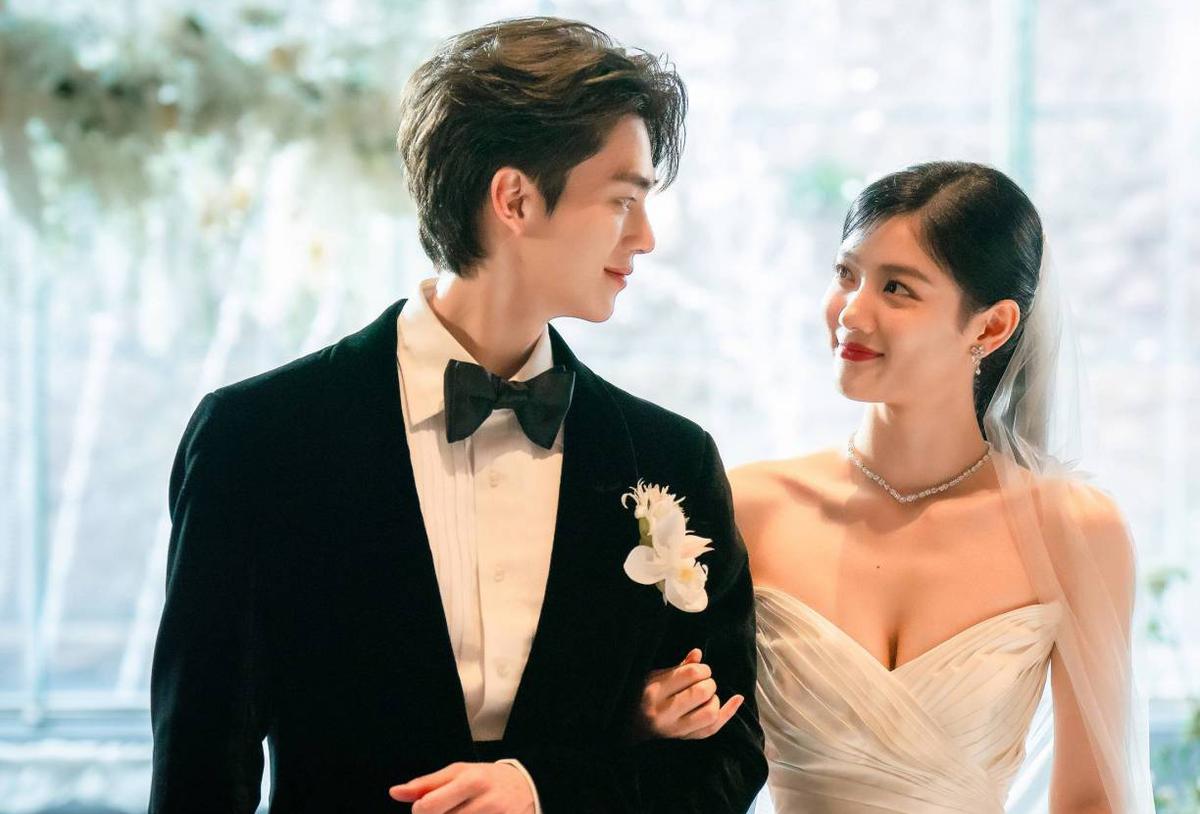
A still from ‘My Demon’
Starring Song Kang and Kim Yoo-jung, My Demon seems to have had little to no missteps in both the romance and fantasy aspects in its first ten episodes. In a year where the romance in many shows felt lacking, the two have quickly become a beloved onscreen couple.
If Teo Yoo has had a fabulous year with Celine Song’s Past Lives, which ranks high on every best films of 2023 list, he emerged as the quintessential K-drama grumpy lead with an aversion to romance in the web series Love to Hate You, which made for one of the more easy, fun watches of the year. Also joining the rom-com list was Bora Deborah, where a sparkling Yoo In-na and Yoon Hyun-min put their best foot forward in a show where the writing took a nosedive in its last few episodes.
ALSO READ: Female leads in K-Dramas: navigating between personal and professional life
Probably among the most hyped shows this year, King the Land could have greatly benefited from a solid plot and a better exploration of the lives of the three women at its core, but instead, it relied heavily on its charming leads Jun-ho and Lim Yoon-a. The charm did work, but the show could have been so much more.
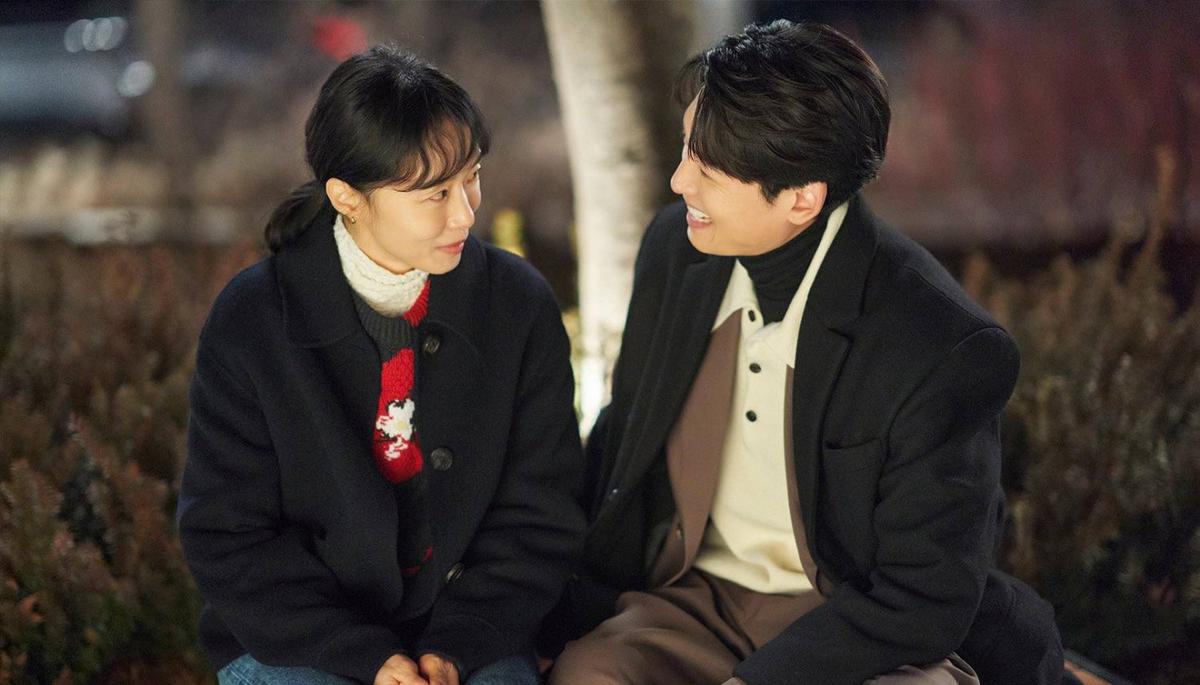
Stories that centred on older protagonists and relationships commanded notice this year, with Crash Course in Romance early on in the year starring Jung Kyung-ho and Jeon Do-yeon. The actors led a show that squeezed in peer pressure, exam stress, and parental trauma alongside their characters’ budding romance, and made it all work despite the chaotic jumps in genres. An offbeat idea that worked for me, for the most part, thanks to its protagonist and her quest for independence and empowerment, Doctor Cha had Uhm Jung-Hwa take the lead on a stay-at-home mom who goes back to the medical field after a prolonged break.
Among the mature stories we saw onscreen, Bae Suzy and Yang Se-jong starrer Doona! presented an affecting tale of friendships and healing. And Call it Love, starring Lee Sung-kyung and Kim Young-kwan, presented a moving, slow-burn romance with a kind, charming and empathetic male lead who was much loved. A show I am yet to watch, but has received much acclaim for its take on mental health was Park Bo-young starrer Daily Dose of Sunshine, a limited web series that was praised for its writing and performances.
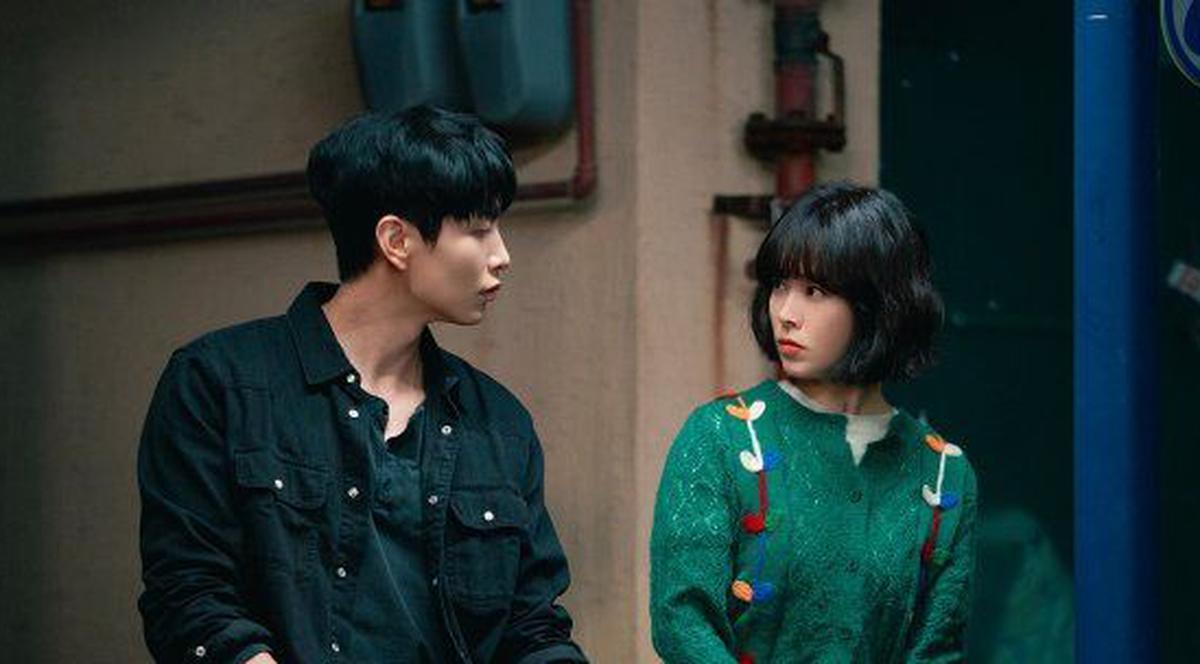
A still from ‘Behind Your Touch’
An underrated comedic gem this year that also managed to see a decent suspense element through was the comedy-thriller Behind Your Touch, in which a small-town veterinarian (an excellent Han Ji-min) causes much chaos when she acquires psychometric powers. With a serial killer on the loose, the grumpy, newly appointed detective played by Lee Min-ki turns to her for help, often ending up with laughable results. It was initially hard to believe that the show shared a director with the serious, slice-of-life My Liberation Notes (which also starred Min-ki), but Behind Your Touch managed to get a lot right, especially since it was among the more consistently well-written shows this year.
While multiple streaming platforms are now churning out Korean original series as well as platforming K-dramas being broadcast on television, we’ve had an avalanche of content through the year to catch up with. The number of shows that released this year might have been staggeringly high, but many among these fell victim to the not-so-curious case of the underwhelming second half. This was surprisingly true in the case of many tropey K-dramas, and the few shows that chose to experiment seemed to land better. It remains to be seen if this is going to be a growing trend in 2024, given how the increasing number of shows to pick from don’t necessarily translate into quality content.
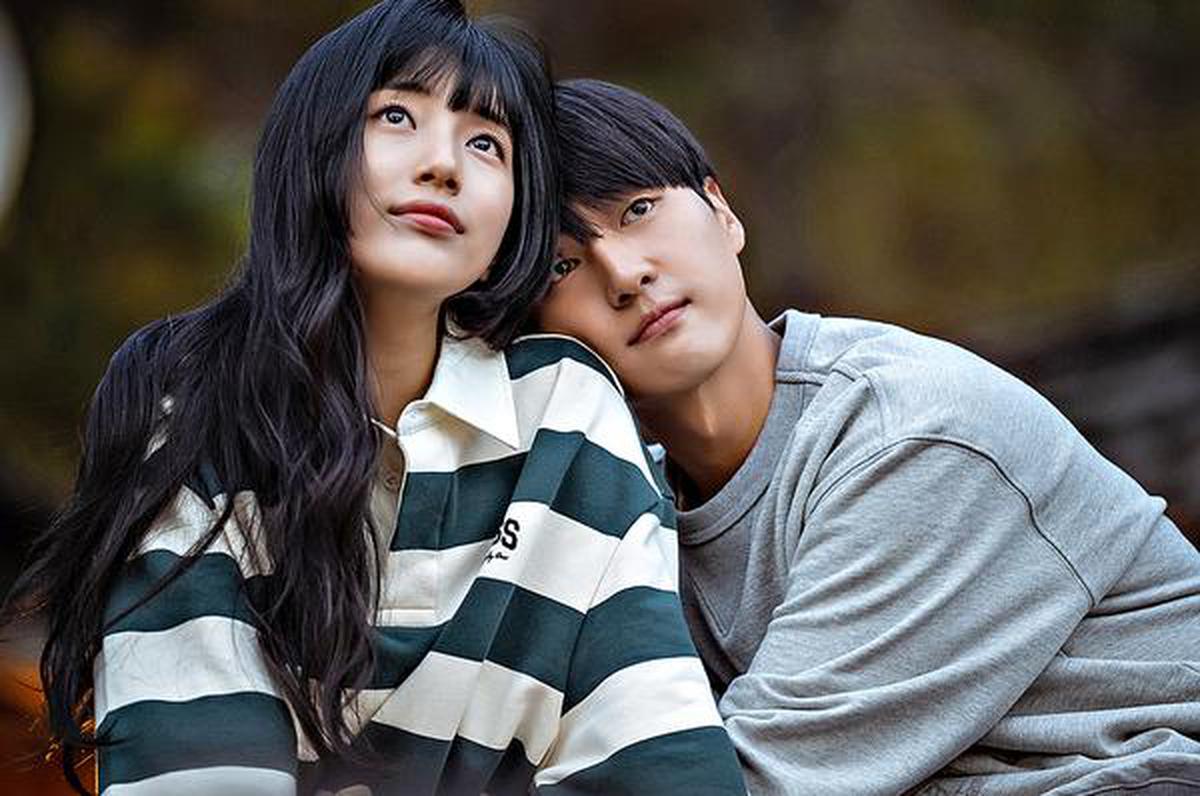
A still from ‘Doona!’
For now, however, my 2024 wish list includes solid writing that remains consistent through all sixteen episodes, varied themes, and more shows that focus on romance and don’t succumb to the temptation of throwing in a serial killer on the loose.


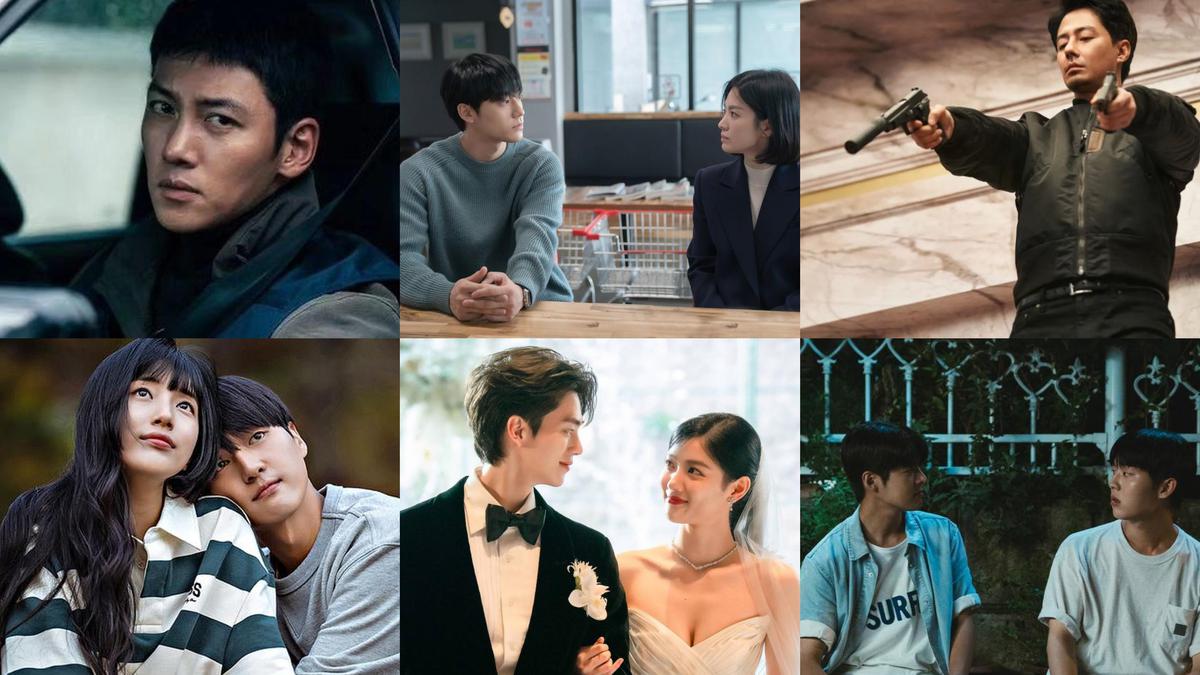

.jpg)
